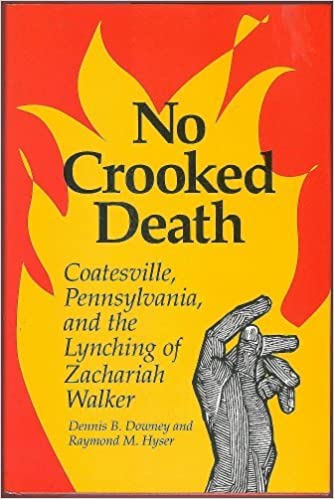
from The Racial Justice Initiative Team of the Pennsylvania Southeast Conference
Last week we again heard the horror of three deadly shootings, this time at Atlanta-area spas where eight people lost their lives. In the aftermath, many questions swirled around the situation, including the motive of the shooter and the treatment of the case by the Atlanta police.
The shooter, Robert Aaron Long, will face many charges as a result of his actions. However, the one was was most surprising to me was the verdict of his home church congregation that he was no longer welcome, he was no longer a member, he was expelled, he was too vile to be one of them.
This week’s actions provoked many questions for us, as congregations and as individuals. Included in a short list are:
- How would we react if Robert Aaron Long was one of ours? Would we be strong enough to keep our baptismal covenant with him and bold enough to extend our love to the families of the murdered?
- Have we had tough conversations about racism, homophobia, and xenophobia? Have we cultivated a safe space for these types of discussions or is our space safe in the knowledge that we might never have these discussions?
- Have we stated and re-stated that the Gospel message is one of love, and that violence is never the result of love.
Violence against Asian Americans increased nearly one hundred fifty percent in the past year. We have witnessed the boldness of hatred that was once closeted break into the open. It is long past time for congregations to have the hard talks, to examine and state their beliefs, to, paraphrasing MLK,….. bring to the surface the hidden tension that is already alive; bring it out in the open, where it can be seen and dealt with. Like a boil that can never be cured so long as it is covered up but must be opened with all its ugliness to the natural medicines of air and light, injustice must be exposed, with all the tension its exposure creates, to the light of human conscience and the air of national opinion before it can be cured.
We encourage you and your congregations to find ways to have these hard conversations and find ways to stand with and bear witness to the stories of those who are struggling for justice.
